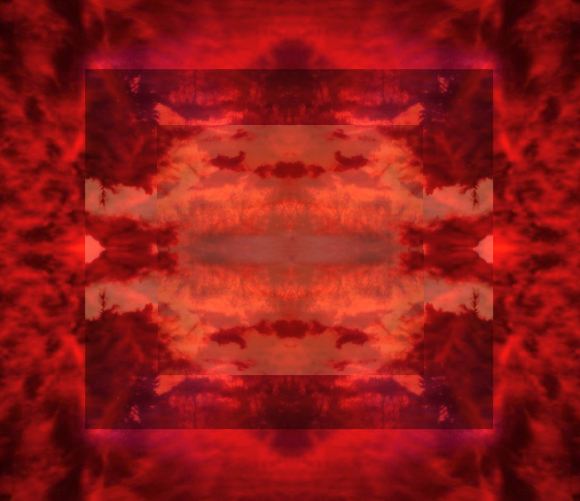
As a quick little metaphysical Fingerübung, we might have a look at some characteristics of figurations and configurations, and their components. Configurations are particulars: they are bound to an individual subject (a person, albeit potentially a fictional one) and in part made up of that subject’s psychological processes. They’re not individual mental states, however, in the sense a mental...








